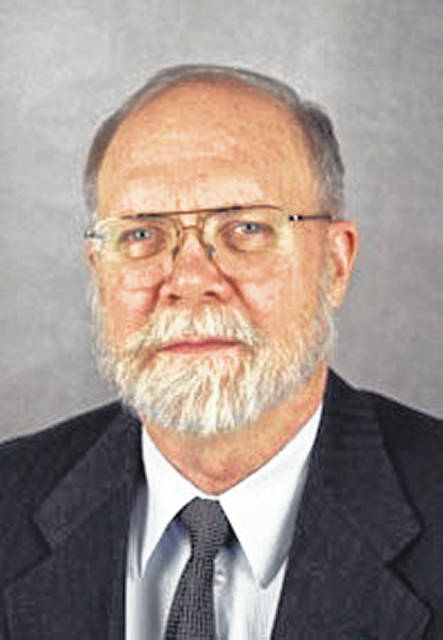
In an 18th-century work, “A Serious Call to a Devout and Holy Life,” William Law said, “Would you know who is the greatest saint in the world? It is not he who prays most or fasts most; it is not he who gives most alms or is most eminent for temperance, chastity, or justice; but it is he who is always thankful to God, who wills everything that God wills, who receives everything as an instance of God’s goodness and has a heart always ready to praise God for it. Could you therefore work miracles, you could not do more for yourself than by this thankful spirit, for it turns all that it touches into happiness.” If “thankful spirit” is the key, there are well-known habits that help us.
First, nothing surpasses the regular practice of mentally giving thanks. If you can make a habit of expressing gratitude as your mental response, it becomes built-in. Thankfulness, rather that criticism, can become a default response. Bang, it just appears. Because I know you do, when you experience persons for whom criticism is the very first response, how does it make you feel? Not so good I expect. Do they tend to drag you in? Make the goal when you see something good in your life, point it out to yourself. It does not have to be earth shattering. Quietly thank God for it. Rewire the brain. Make it proficient at recognizing the good in your life. Do not let the bad be the default position.
The second is the challenge of expressing gratitude regardless of the situation. Paul says to give thanks in all circumstances because God wills it (1 Thess. 5:18). God does not will the situation. God wills we give thanks. Why? We can’t look at every situation and clearly understand why it’s happening. However, “We know that all things work together for good for those who love God, who are called according to his purpose” (Romans 8:28). Regardless of what’s happening, we can thank God for God’s sustaining presence and redeeming love. On our own, we focus on the current situation. We rise above the situation when we purposefully look for what God is doing. Although often not obvious at the time, often later we can see how even bad experiences helped garner strength for future endeavors. Regardless, learning from past trials can bring helpful perspective for which we can be thankful in times of struggle.
A third challenge is to remember to praise God when all is well. This may be obvious, but it can so easily slip by. When life goes well and smoothly, we can too often find ourselves either taking credit or not giving credit where credit is due. We may fail to see God’s hand at work, guiding us along the way. We may fail to see the role God is playing through others that helps make our lives comfortable. Make a practice of praising God when all is well.
So far our considerations have been internal habits, let’s add making gratitude a part of your interactions with other people. Remember we are told to both love God and love our neighbor. We should make it a regular practice to show gratitude, in particular to say thank you, to those closest to us. Make openly expressing gratitude a regular practice.
Just like most virtues, you can’t instantly become thankful. You only become thankful when you habitually practice gratitude in your life. I encourage all to use this Thanksgiving to embrace gratitude. As a thankful person you are able to draw strength from gratitude, and also able to empower gratitude in others. Happy Thanksgiving.


